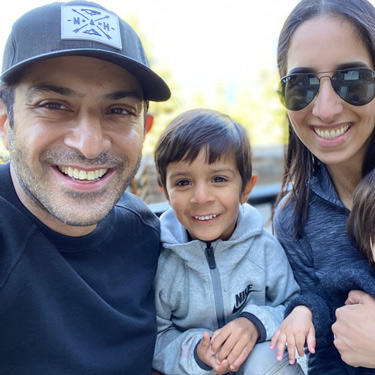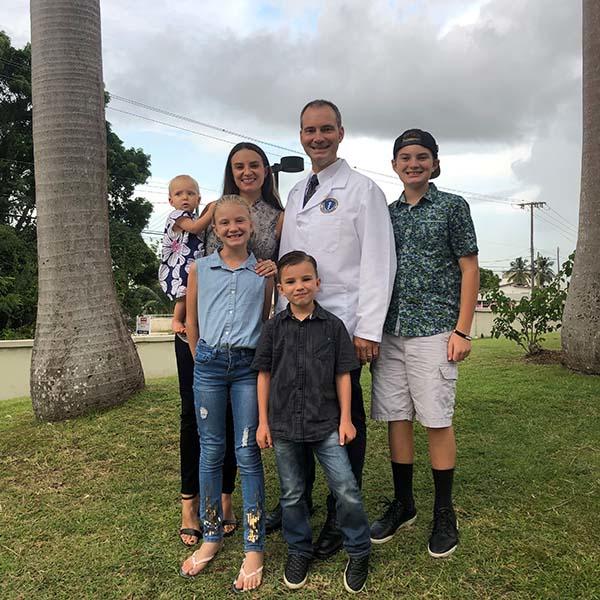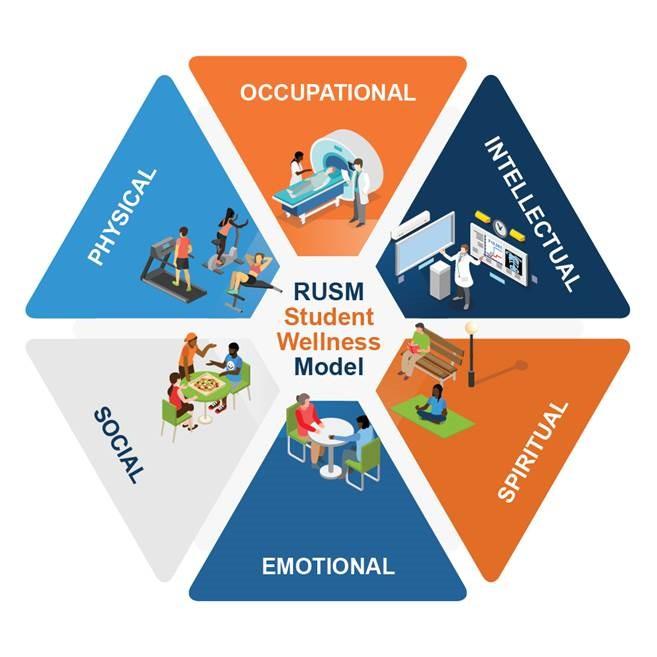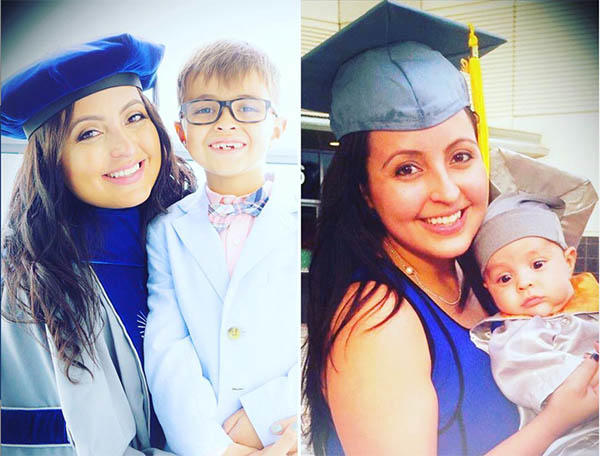Mental-health care may have gained notoriety this past year, but the issues are long standing and do not discriminate. In fact, physicians can be just as susceptible as non-healthcare providers. Working to assist all audiences is Ross University School of Medicine (RUSM) alum Robbie Bahl, MD, an addiction medicine specialist who joined the field after witnessing an abundance of chronic opioid patients during his family medicine residency more than a decade ago.
“I noticed there was a huge void plaguing our clinic and a typical 15-minute visit wasn’t enough for such a complicated illness,” said Bahl, who serves on the board of the American Society of Addiction Medicine (ASAM). In 2013, he founded Shanti Recovery & Wellness, his own outpatient addiction medicine and mental healthcare practice in Portland, Oregon. “Addiction is a disease of isolation and the COVID-19 nightmare has been fueling the fire for those who’ve had chemical dependencies, but also for those who have never been diagnosed with a mental-health illness in the past. Even if people haven’t been directly affected, they usually know someone who’s lost a loved one or a job, is struggling with finances or who maybe started drinking alcohol more than the norm. The pandemic has been a prescription for depression and the issue has echoed throughout the country.”
To help curb the rise in mental-health issues, Bahl recommends self-awareness for all — taking time for self-care and keeping the lines of communication open. “Tell people how you’re doing — friends, family members, colleagues — and be transparent with anyone who could detect a change in your behavior. We just need to connect. You never know when that overdose will be or when a suicide attempt might occur. Unfortunately, that’s how we have to think now because we’re seeing waves of depression and there are month-long waiting times to see professionals. We need to look out for others and get them help as soon as possible.”
Doctors Also Need Self-Care
These wellness techniques are just as important, if not more so, for physicians. “They already perform exhausting work that takes an emotional toll and requires long hours,” said Bahl, who is medical director of the Health Professionals’ Services Program in Oregon, which assists physicians who may need physical and mental-health assistance. “They may be the breadwinners of the family while trying to cope with paying back student loans. When you throw COVID-19 on top of it, it’s a scary combination. They could see progress declining in their patients at work or experience patient deaths. Physicians are not invincible; they are susceptible to all the same ailments and might even be at an increased risk because they don’t always take notice of their own mental-health needs.”
Physicians, as well as others, can benefit from staying social and remaining engaged with the community. “After a year of isolation and confusion, people need to start getting back out into the world.”
The avid mountain climber enjoys family hikes with his wife and their two young children. Working as a phlebotomist at 17 years old and growing up in a science-centered home helped direct Bahl’s future. “I always knew this would be my path. I strive to change society’s outlook on addicts. There’s a shortage in the addiction field but with education and quality treatment, addiction medicine will gain further recognition as a major medical specialty. I loved family medicine, but I didn’t feel I made a difference. In addiction medicine, it’s astronomical how much change you make. Stabilizing an addict can transform a life.”
Learn More
Visit the ASAM website for information pertaining to addiction medicine, and RUSM to begin your medical education.




